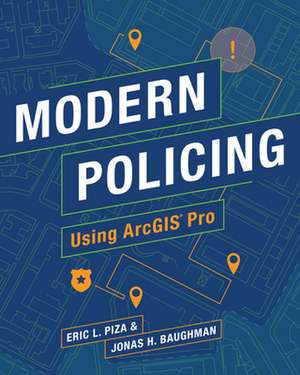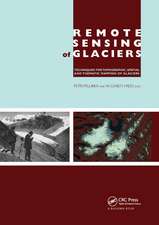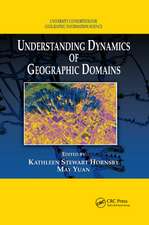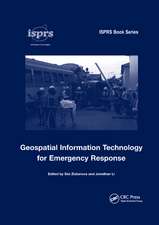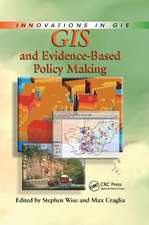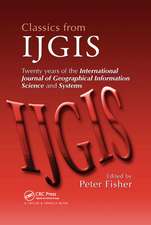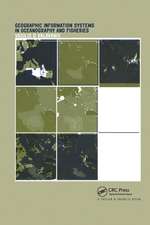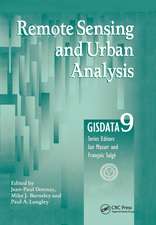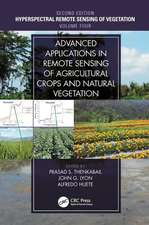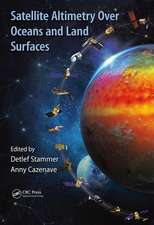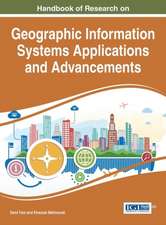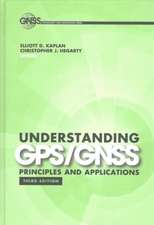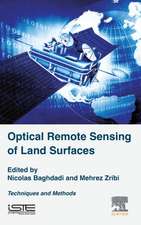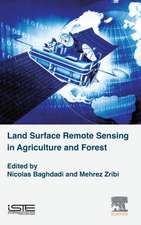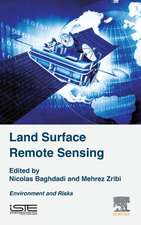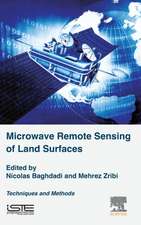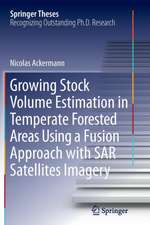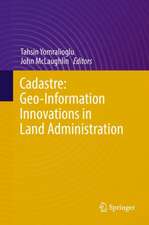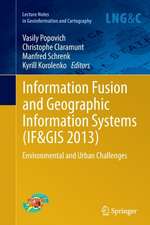Modern Policing Using ArcGIS Pro
Autor Jonas H. Baughmanen Limba Engleză Paperback – sep 2021
An essential tool for crime analysts looking to enhance the quality and efficiency of their crime mapping using ArcGIS Pro.
Modern Policing Using ArcGIS Prois an easy-to-use, hands-on guide for crime analysts of any skill level. Crime mapping and spatial analysis play a key role in a variety of day-to-day police functions, and with ArcGIS Pro, crime analysts can enhance the efficiency of their workflow and the quality of their crime-mapping products. Designed to be immediately useful and practical for all users, Modern Policing's scaffolded approach allows users to incrementally develop their skills.
Real-world case studies from crime analysts and applied research projects demonstrate the spatial analysis techniques necessary to support evidence-based policing. The findings of these case studies are discussed via research and crime analysis highlights, with self-guided exercises that walk the userer through the steps of performing the analysis.
Key topics include:
- Geoprocessing and filtering data
- Identifying hot spots
- Using spatial statistics for predictive analysis
- Automating tasks
Using ArcGIS Pro for problem analysis, crime analysts can create crime prevention strategies, measure program outputs to gauge program implementation, and conduct evaluations to determine whether crime control strategies are having the desired impact. Covering strategic analysis, predictive analysis, workflow automation and more, Modern Policing Using ArcGIS Pro is essential for crime analysts looking to bring value to their agencies' operations through crime and data analysis.
Preț: 393.47 lei
Nou
75.30€ • 78.41$ • 63.64£
Carte disponibilă
Livrare economică 17 februarie-03 martie
Specificații
ISBN-10: 1589485971
Pagini: 340
Dimensiuni: 203 x 254 x 22 mm
Greutate: 0.7 kg
Editura: Esri Press
Notă biografică
Cuprins
Preface
Acknowledgments
Introduction
Chapter 1. Exploring ArcGIS Pro
Chapter 2. Geoprocessing and Selecting Data
Chapter 3. Creating and Editing Feature Layers
Chapter 4. Maximizing Attribute Tables
Chapter 5. Identifying Crime Hot Spots and Tracking Crime in Target Areas
Chapter 6. Incorporating Time in Spatial Analysis
Chapter 7. Using Spatial Statistics to Identify Spatial Relationships
Chapter 8. Automating Crime Analysis Processes
Chapter 9. Sharing Your Work
